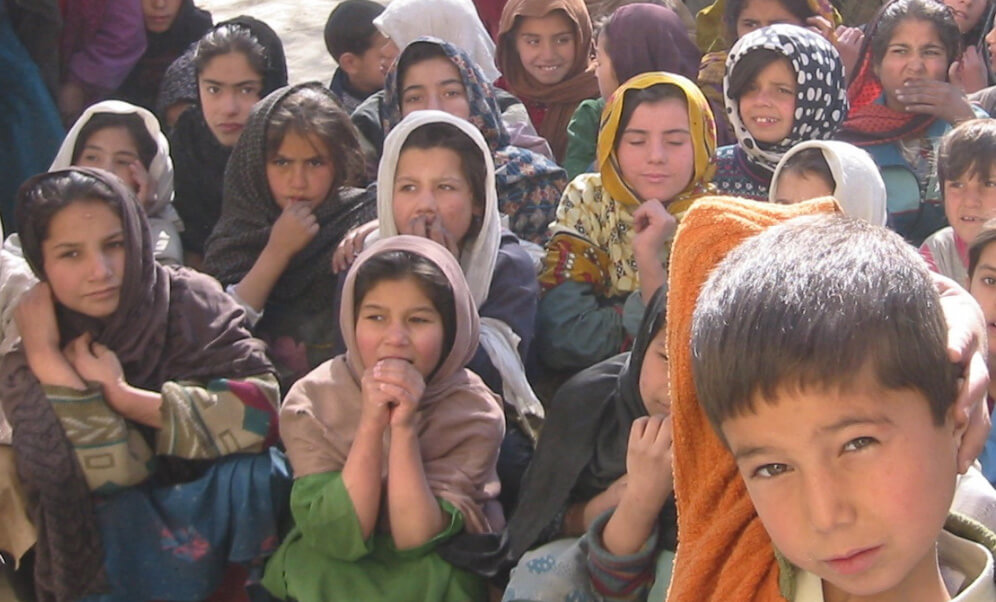Empirical Studies of Conflict (ESOC) Project Annual Meeting: Political Economy of Conflict Spaces

ESOC held its 10th Annual Meeting at the University of California at San Diego. CEGA co-sponsored ESOC’s 2019 Annual Meeting with the Pearson Institute for the Study and Resolution of Global Conflicts at the University of Chicago, the Department of Defense Minerva Research Initiative, and the Vancouver School of Economics at the University of British Columbia, as well as the University of California’s Institute on Global Conflict and Cooperation (IGCC).
The meeting, which drew nearly 100 attendees, helped bridge the gap among researchers, practitioners and policymakers across the world to discuss global conflict. This year’s theme, Political Economy of Conflict Spaces, was organized around a series of academic sessions on such themes as state capacity, crime, and violent extremism, and workshops on the use of big data and engagement with the policy community.
The agenda (download by clicking the gray button at the right) included presentations from CEGA affiliates’ studies, including:
Government Mobile Salary Payments in Afghanistan — Stefano Fiorin, UC San Diego (work with Joshua Blumenstock, Michael Callen and Tarek Ghani)
How Does Violence Shape Investment? Evidence from Mining — Graeme Blair, UCLA
Brothers or Invaders? How Crises-Driven Migrants Shape Voting Behavior — Sandra Rozo, University of Southern California
Long-term Impacts of Hosting Refugees and IDPs on Second Generation Early Childhood Development: Evidence from Tanzania and Burundi — Soazic Elise Wang Sonne, World Bank Fragility, Conflict & Violence Group/University of Oxford
Formal Employment and Organized Crime: Regression Discontinuity Evidence from Colombia — Gaurav Khanna, UC San Diego
Does Revolution Work? Evidence on Changes to Political Representation and to Policy Outcomes from Nepal’s People’s War — Michael Callen, UC San Diego

